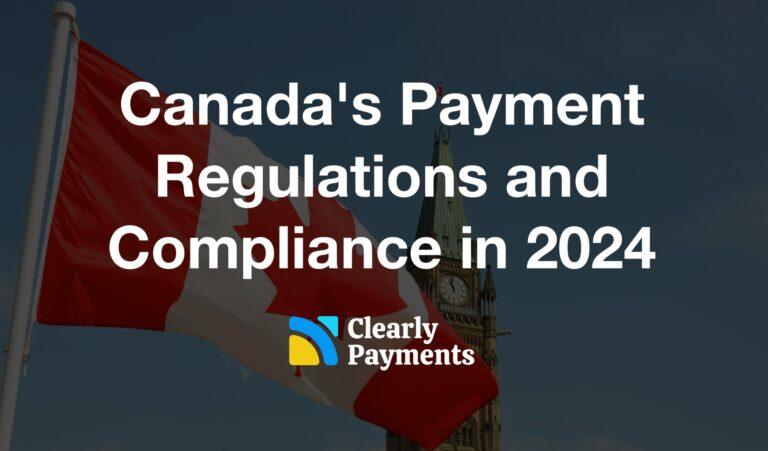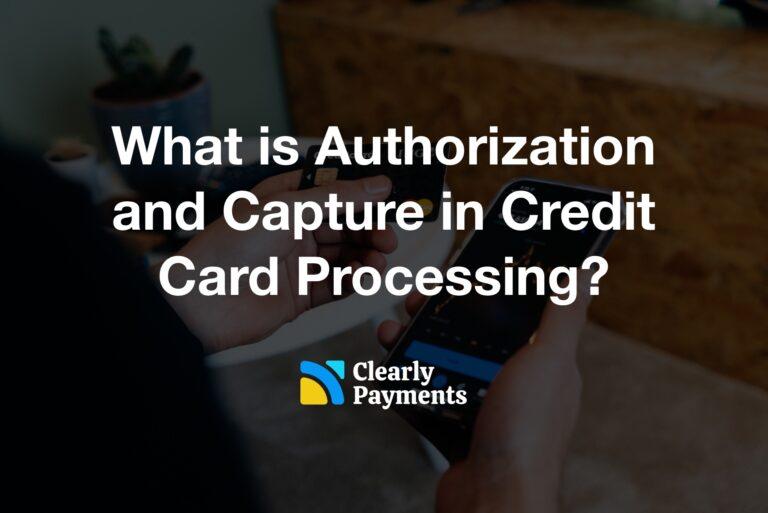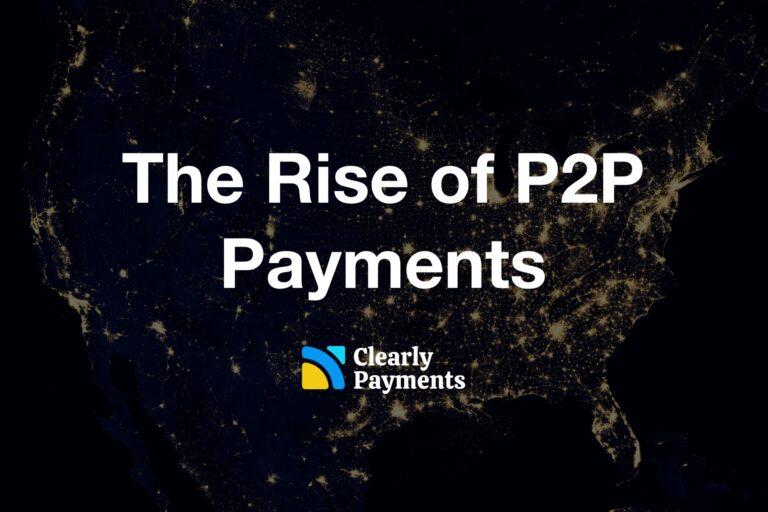Offering diverse payment options is essential for businesses aiming to stay competitive and meet the needs of customers. One payment method that has gained significant popularity among consumers and merchants alike is Visa Debit. This article explores the number of Visa Debit cards in circulation, Visa Debit merchant liability, online transactions, and international transactions.
What is Visa Debit and what are the benefits?
Visa Debit is a widely accepted payment card that allows consumers to make purchases by deducting funds directly from their bank accounts. It combines the convenience of a credit card with the financial control of a debit card.
As a merchant, integrating Visa Debit as a payment option can have several advantages including that merchants tap into a vast customer base, including domestic and international cardholders. This expanded reach can lead to increased foot traffic and online sales, providing opportunities for growth.
Visa Debit customer base size & card circulation
Visa Debit cards have maintained a substantial presence in the global payment landscape, with a significant concentration in the United States. Despite the United States’ reputation as a credit card-oriented nation, Visa Debit cards have garnered substantial popularity and usage. As of the first quarter of 2023, Visa Debit cards accounted for approximately one third of all payment cards worldwide, showcasing their relevance.
The USA has approximately 921 million Visa Debit cards in circulation. Visa Debit globally has over 2.9 billion cards in circulation. Canada has much fewer Visa Debit cards in circulation due to the popularity of Interac.
In the United States, Visa Debit cards have particularly flourished, with approximately 921 million of them in circulation in 2023. This figure reflects their widespread adoption and trust among consumers. It’s important to note that Visa Debit’s continued prominence in the United States highlights the versatility of this payment method, catering to a wide range of consumer preferences and financial needs.
Beyond the U.S. market, Visa Debit’s global reach is even more impressive, with over 2.9 billion cards in circulation worldwide. This extensive distribution underscores the card’s adaptability in various international markets and its status as a preferred payment choice for consumers around the globe. As technology and payment preferences continue to evolve, Visa Debit’s robust presence serves as a testament to its enduring value and convenience in the ever-changing world of finance.
There are some differences in Visa Debit across different countries. In Canada, Visa Debit cards are accepted at most merchants that accept Visa and they can also be used to withdraw cash from ATMs. However, unlike in the United States, they are not typically accepted for online or phone purchases unless the merchant specifically accepts them. You can read more here about the differences in Visa Debit between Canada and the USA.
Visa Debit security and merchant liability
Visa Debit cards are synonymous with robust security measures designed to protect both consumers and merchants in an increasingly digital world. These cards incorporate a multi-layered security approach, starting with EMV chip technology that generates unique transaction codes for each purchase, making it exceedingly challenging for fraudsters to compromise card data. Tokenization further enhances security by replacing sensitive card information with unique tokens, ensuring that card details are neither stored nor transmitted in their original form.
Merchants who accept Visa Debit transactions also benefit from the liability shift associated with EMV chip technology. When transactions occur through EMV-enabled terminals, liability for certain types of fraud shifts from the merchant to the party with less secure technology, incentivizing the adoption of secure payment processing systems. However, it’s essential for merchants to comply with Payment Card Industry Data Security Standard (PCI DSS) requirements, as failure to do so can result in financial penalties and increased liability in the event of a data breach. Additionally, following best practices such as verifying the cardholder’s identity and educating staff on fraud prevention can further minimize liability, creating a secure payment environment for Visa Debit transactions that safeguards both customers and businesses.
Visa Debit for online payments
Visa Debit offers an excellent solution for merchants looking to expand their online sales channels. With the widespread recognition and global acceptance of Visa’s payment network, merchants can seamlessly integrate Visa Debit as a payment option on their eCommerce websites and software platforms. This enables them to tap into a vast customer base and provide a secure and convenient way for customers to make online purchases.
Visa Debit transactions benefit from robust security features, including EMV chip technology, tokenization, and two-factor authentication, ensuring the safety of online transactions. For merchants, accepting Visa Debit means offering a versatile and trusted online payment method that encourages customer confidence, enhances the checkout experience, and ultimately boosts online sales.
Visa Debit for international transactions
Merchants that accept Visa Debit cards can typically accept international Visa Debit cards as well as other international credit and debit cards, provided they have the necessary payment processing infrastructure in place. Here’s how it works:
Accepting International Visa Debit Cards: Visa is a global payment network, and Visa Debit cards are widely issued and accepted in many countries worldwide. When a merchant accepts Visa Debit cards, they are generally set up to process transactions from both domestic and international Visa Debit cardholders. International Visa Debit cardholders can use their cards for purchases just like local cardholders.
Accepting Other International Cards: In addition to Visa Debit cards, merchants can choose to accept other international credit and debit cards, such as Mastercard, American Express, or Discover. To do this, they need to work with a payment processor or acquiring bank that supports these card networks. Payment processing infrastructure must be configured to handle transactions from various card networks.
Currency Conversion: When international cardholders make purchases, their transactions may be automatically converted into the merchant’s local currency. This currency conversion is typically handled by the cardholder’s issuing bank or payment processor, and merchants receive the payment in their local currency. This simplifies the transaction process and allows merchants to cater to customers from different regions.
Payment Processing Partners: Merchants can work with payment processing partners or payment gateway providers that specialize in international payment processing. These partners often offer services to simplify multi-currency transactions and provide localized checkout experiences, enhancing the international customer’s shopping experience.
Consideration of Fees: Merchants should be aware of potential fees associated with international card transactions. These fees may include cross-border processing fees, currency conversion fees, or interchange fees specific to international cards. Understanding the fee structure associated with international transactions is important for accurate financial planning.
How to accept Visa Debit payments
To start accepting Visa Debit payments, merchants must follow a straightforward process:
Merchant Account Setup: Establish a merchant account with a payment processor that supports Visa Debit transactions like TRC-Parus.
Integration: Integrate the necessary payment processing software or hardware into your point-of-sale (POS) system or e-commerce website.
Compliance and Security: Ensure that your payment processing setup complies with industry regulations and security standards, such as PCI DSS (Payment Card Industry Data Security Standard). TRC-Parus helps you every step along the way.
Staff Training: Train your staff to handle Visa Debit transactions and educate them on security best practices to prevent fraud.
Promote Visa Debit: Inform your customers about your new payment option through in-store signage, website banners, and marketing campaigns.
Accept Visa Debit with a Merchant Account from TRC-Parus
- Lowest-cost processing in the industry
- Fund transfers in less than one day
- A full set of payment products to accept credit cards from anywhere in the world
- World-class customer service




